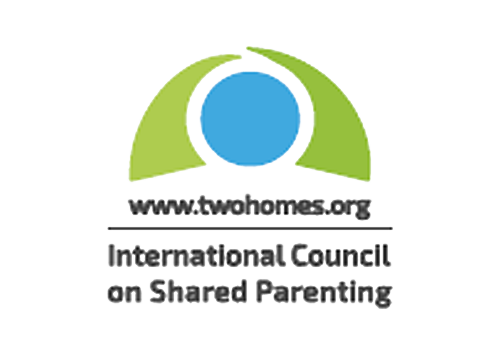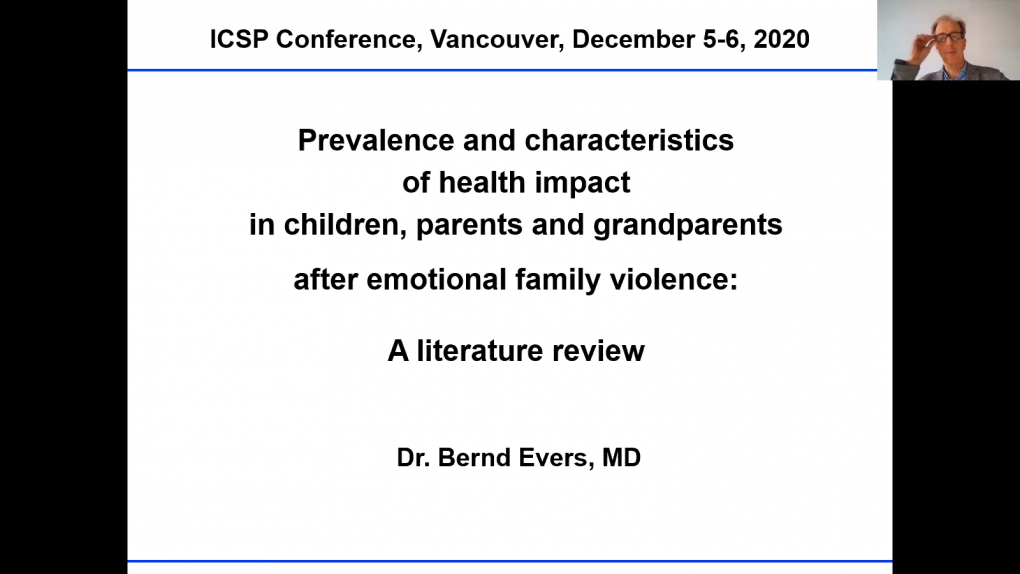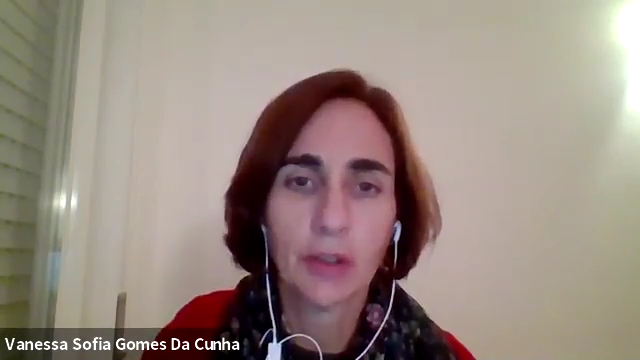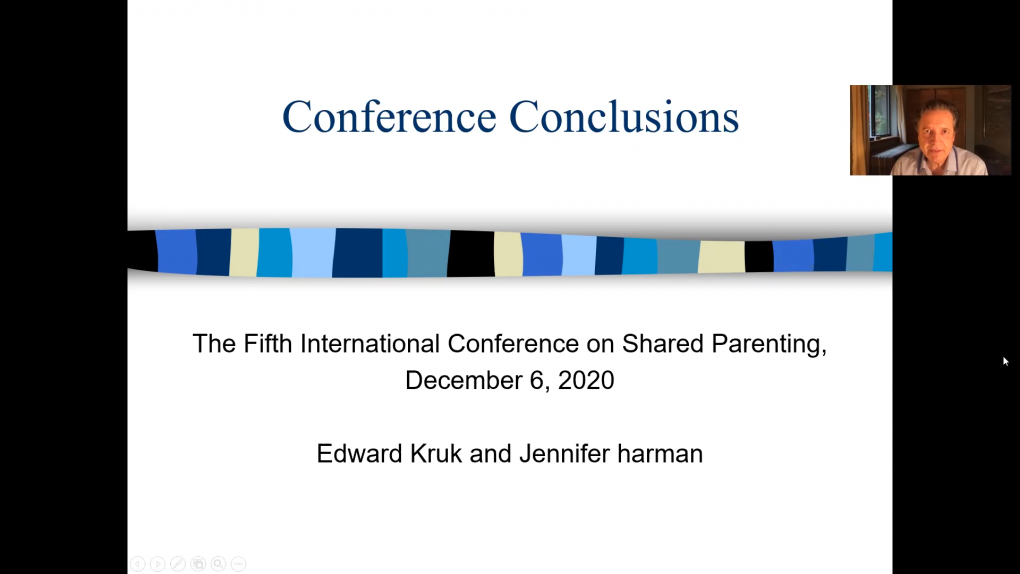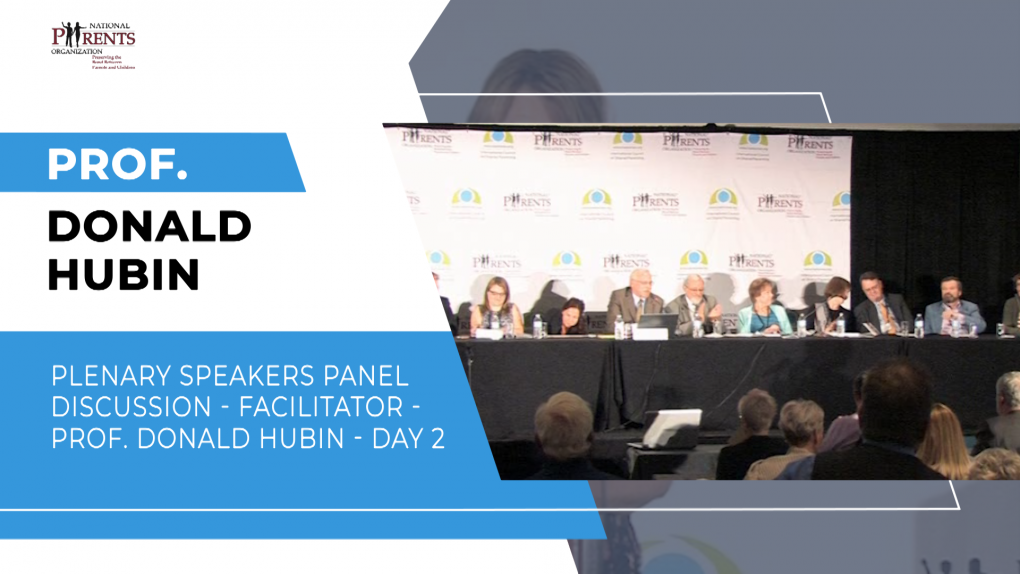Relevance of the Topic – Current Situation – Challenge – Purpose of the Study: As consequence of separation and divorce, the annual rate of affected children in Germany is calculated as to be as high as 160.000-200.000. Various German and international studies revealed a percentage of up to 70%, in which children lost one parent either substantially or totally, associated with a significant psychosomatic morbidity rate comparable with the one after death of a parent, most recently been reported by Meland et al. (2019). As of now, all over Germany a very heterogeneous procedure after separation and divorce concerning all involved actors led to very heterogeneous outcomes especially with focus on the children´s way ahead, while the role of emotional family violence has only sporadically been investigated. Therefore, the purpose of the presented meta-analysis was to provide an update on studies focusing on the health status of children, but also of parents and grand-parents exposed to emotional family violence to estimate the overall relevance and develop strategies to better prevention, diagnosis and treatment. Material/Methods: All world-wide published (1970-2020) and listed larger studies focusing on morbidity after child abuse with special focus on emotional family violence were screened and assessed with special focus on prevalence and characteristics of psycho-somatic symptoms and prognostic factors. A limited number of studies with appropriate study groups sizes and study designs was found at least covering the morbidity situation in children, why the number of studies on parents and grand-parents was extremely limited. Results: A considerably high prevalence was found in all studies primarily consisting of depressions, inferior self-awareness, eating disorders, cognitive deficits and diminished stress tolerance. Also, the social behaviour was considerably impaired including increased aggression with up to criminal activities, Also, patterns of reinsceneration of own childhood biography of emotional family violence was frequently reported. Conclusion: Exposure to emotional family violence clearly leads to a higher prevalence of psycho-somatic symptoms in children. The study situation on the health status of parents and grand-parents is very limited, however also shows significant symptoms resembling the portfolio of symptoms reported in children. In many cases the work strength is considerably limited up to early retirement due to constant high stress levels. The health-related burden to the overall society including also the socio-economic consequences are assessed to be highly relevant. However, larger studies are required to obtain further details of this highly relevant topic.
Men Locked in Traditional Gender Roles and Identities: Identifying the Obstacles for the Promotion of Caring Masculinities
Since the beginning of 2000s, reports and research have recognized the thrive of caring masculinities, closely linked to changes in the way men perceive, experience and display their role as affectionate and hands-on fathers. This literature has also highlighted the impact of the reshape of male identities and practices, underpinned by a commitment to caring responsibilities, at different levels: individual, by increasing the wellbeing of children, women and men themselves; familiar, by improving work-life balance and the sharing of responsibilities in the household; and societal, by reducing the social and human costs of the harmful facets of traditional masculinities. This cultural transformation, taking place in many parts of the world, is grounded in social attitudes increasingly favourable to gender equality in the public and the private spheres, specially cherished by young men and women that understand both spheres as fundamental for their self-fulfilment. But it is also being supported by public policies and their legal frameworks under the assumption that “men need gender equality and gender equality needs men” (Scambor et al. 2014), i.e., that men are crucial allies for the development of societies with greater and more inclusive levels of gender equality; and with all-encompassing benefits, including the reduction of the visible costs that women (and the less visible ones that men) have been paying under a gendered, male-dominated world. This paradigmatic shift is being addressed in a new age of parental leave policies, by explicitly encouraging men to share family responsibilities through their involvement in primary and autonomous caregiving. This public recognition of the caring role of fathers – their right as much as their duty to care for their children – is in line with former measures that have been targeting women’s participation in the labour market, including the legal protection of working mothers, so they could overtake the prejudice of maternity and fulfil themselves in the public sphere. Dual-earner/dual-carer couples, full-time working mothers, caring and hands-on fathers are ultimate achievements of this social progress. The legislation on shared parenting after divorce/separation should be understood in the realm of this paradigmatic shift towards public policies committed to gender equality and the sharing of family responsibilities among men and women. However, it is taking place an extensive debate, among several social actors, on its pros and cons, with family violence (implicitly understood as the violence of and adult male over his female partner and/or children) taking the centre stage and bringing the debate into a difficult crossroads. This state of affairs is obviously linked to the social visibility of the costs of harmful facets masculinities. However, sustaining the status quo has several costs as well: maintains the gender bias and gender divide in societies, locking men and women in traditional gender roles and identities; diminishes the potential of the changes that have already taken place in family life, wherein caring masculinities plays a crucial role; hinders the deepening of the pathway towards gender equality in societies, which requires men (as much as women) and their ability to defy hegemonic masculinities. Against the backdrop of Portuguese society, and drawing on results and conclusions of a White Paper on men and gender equality, but also on qualitative research, this presentation intends to contribute for the wider debate proposed by the ICSP-Conference, by bringing an insight on the obstacles that societies still pose to the thrive of caring masculinities, namely in family life.
Conference Conclusions ICSP 2020
Edward Kruk, PhD Dr. Edward Kruk is Associate Professor in the School of Social Work at the University of British Columbia, President of the International Council on Shared Parenting, and Co-chair of the Scientific Committee of the Fifth International Conference on Shared Parenting. His research and teaching are focused on child and family policy and practice, and he has published …
Plenary Session – Plenary Speakers Panel Discussion Day 2
Facilitator: Prof. Donald Hubin Ohio State University, USA
Speakers:
Dr. Michael Lamb Cambridge University, UK
Prof. Edward Kruk ISCP President, University of British Columbia, Canada
Dr. Malin Bergström Karolinska Institute, Sweden
Prof. Hildegund Sünderhauf Lutheran University of Applied Sciences Nuremberg, Germany
Prof. Patrick Parkinson University of Sydney, Australia
Dr. William Austin Child Custody Services, USA
Gate-keeping and a social capital analysis in child custody
Dr. William Austin – Gatekeeping and a social capital analysis in child custody
Plenary Speakers Panel Discussion – Facilitator – Prof. Donald Hubin – Day 1
Facilitator:
Prof. Donald Hubin Ohio State University, USA
Speakers:
Dr. Richard Warshak University of Texas Southwestern Medical Center, USA
Dr. Irwin Sandler Arizona State University, USA
Dr. Kari Adamsons University of Connecticut, USA
Dr. Sanford Braver Arizona State University, USA
Dr. Pamela Ludolph University of Michigan, USA
Dr. William Fabricius Arizona State University, USA
Dr. Linda Nielsen Wake Forest University, USA

